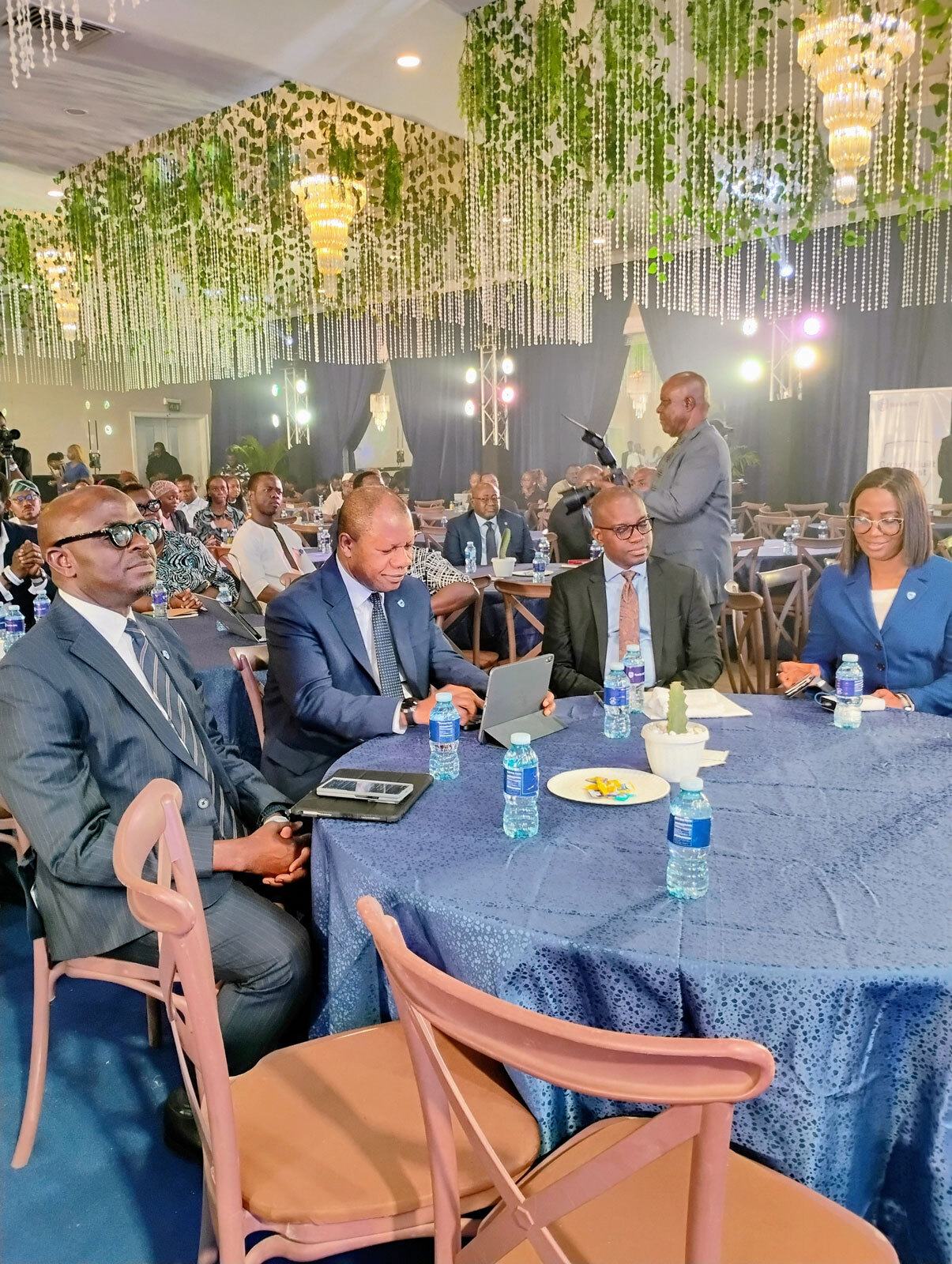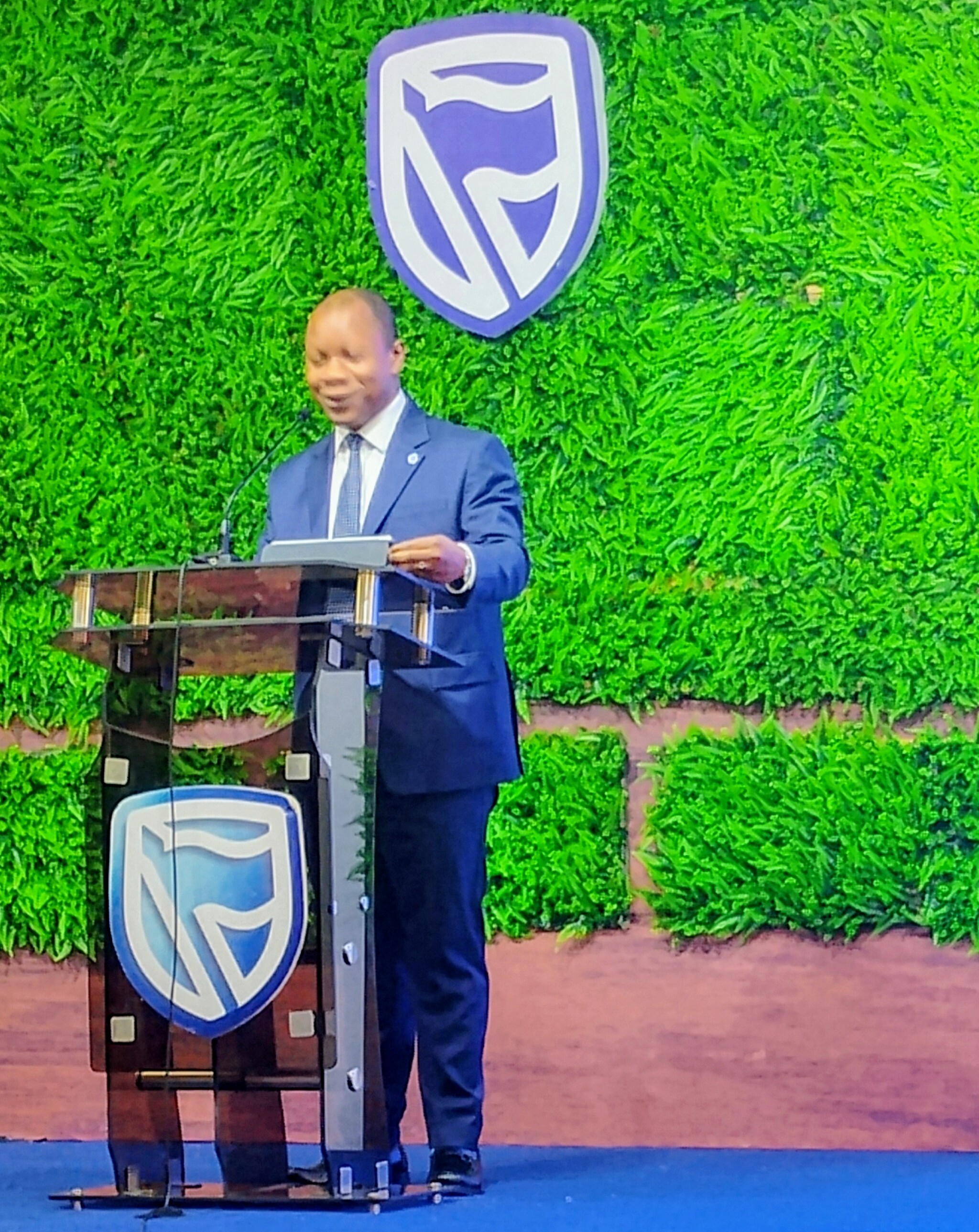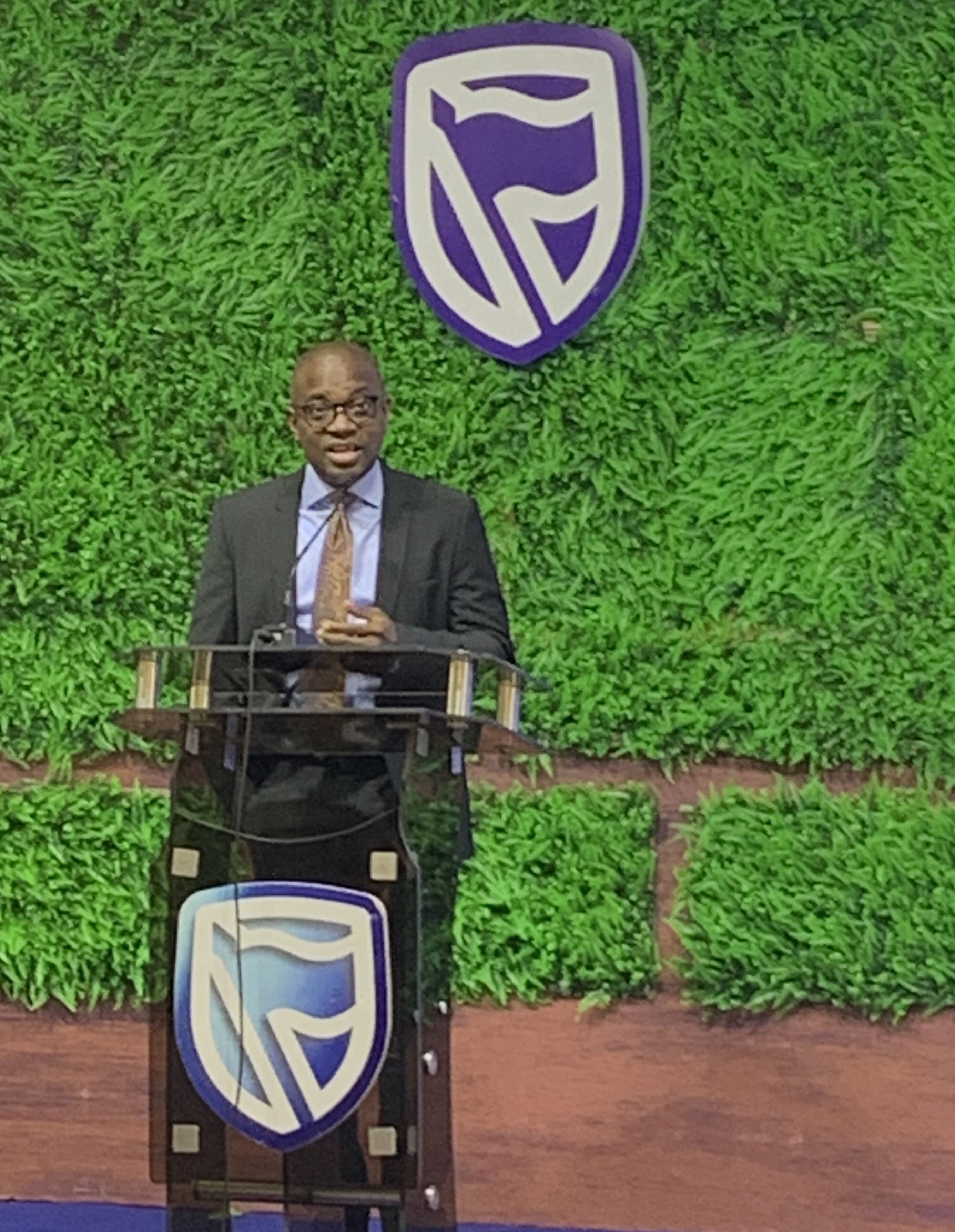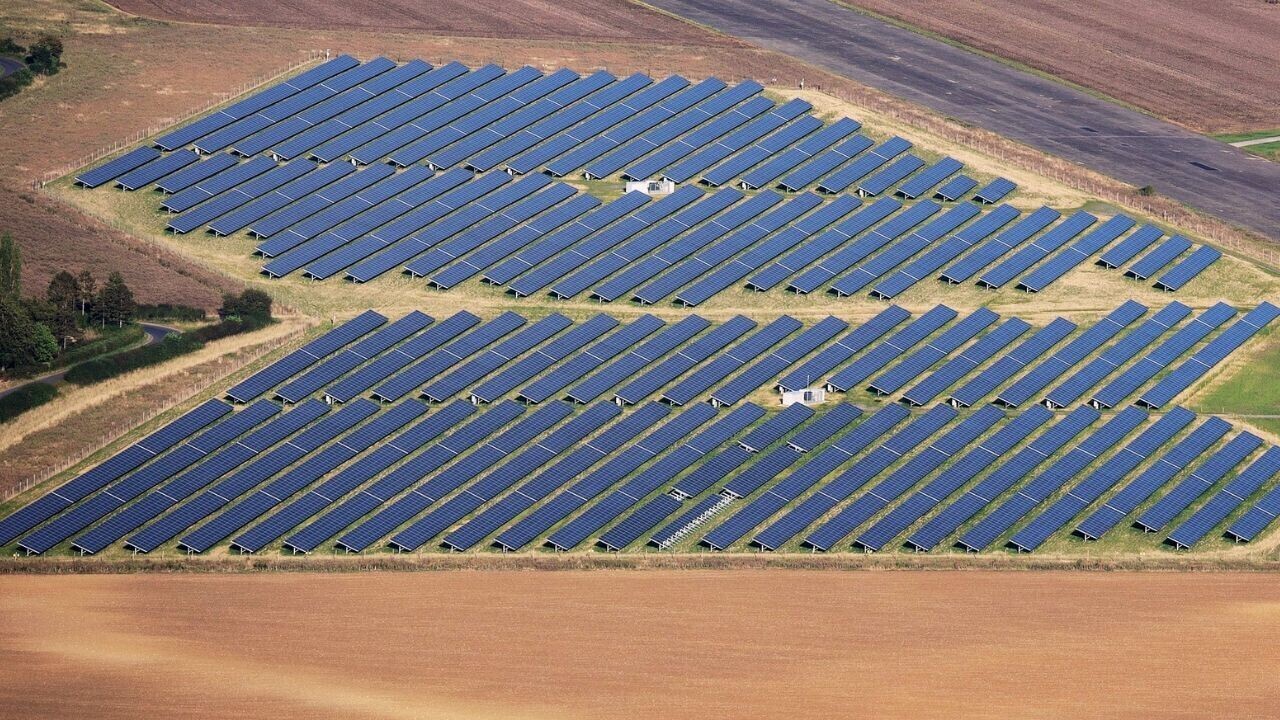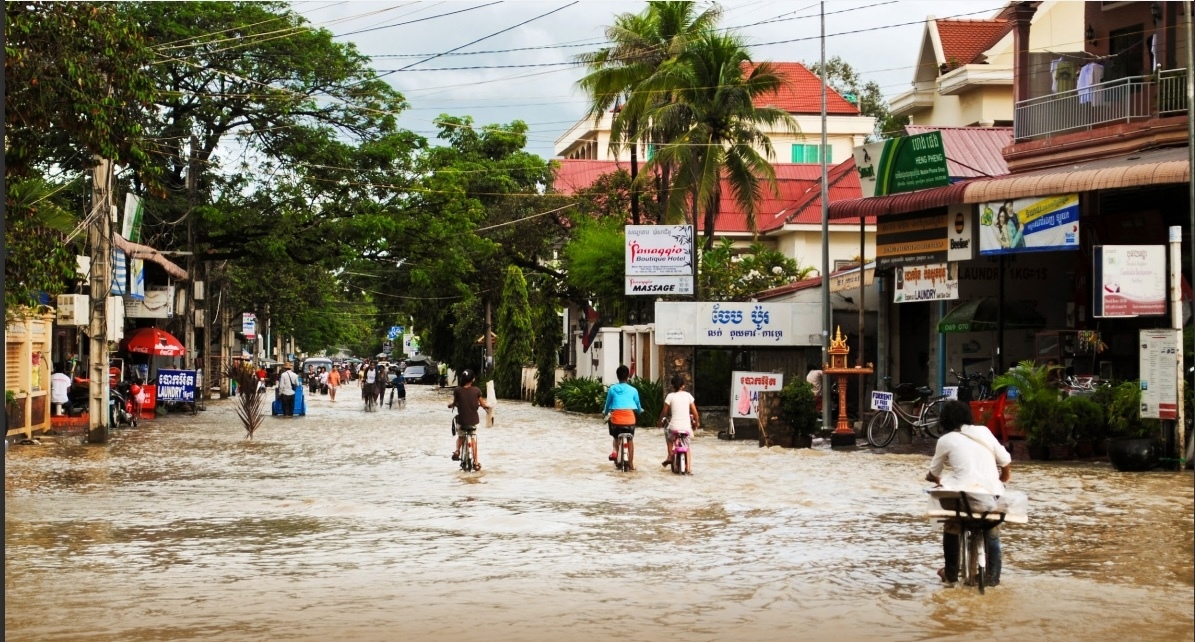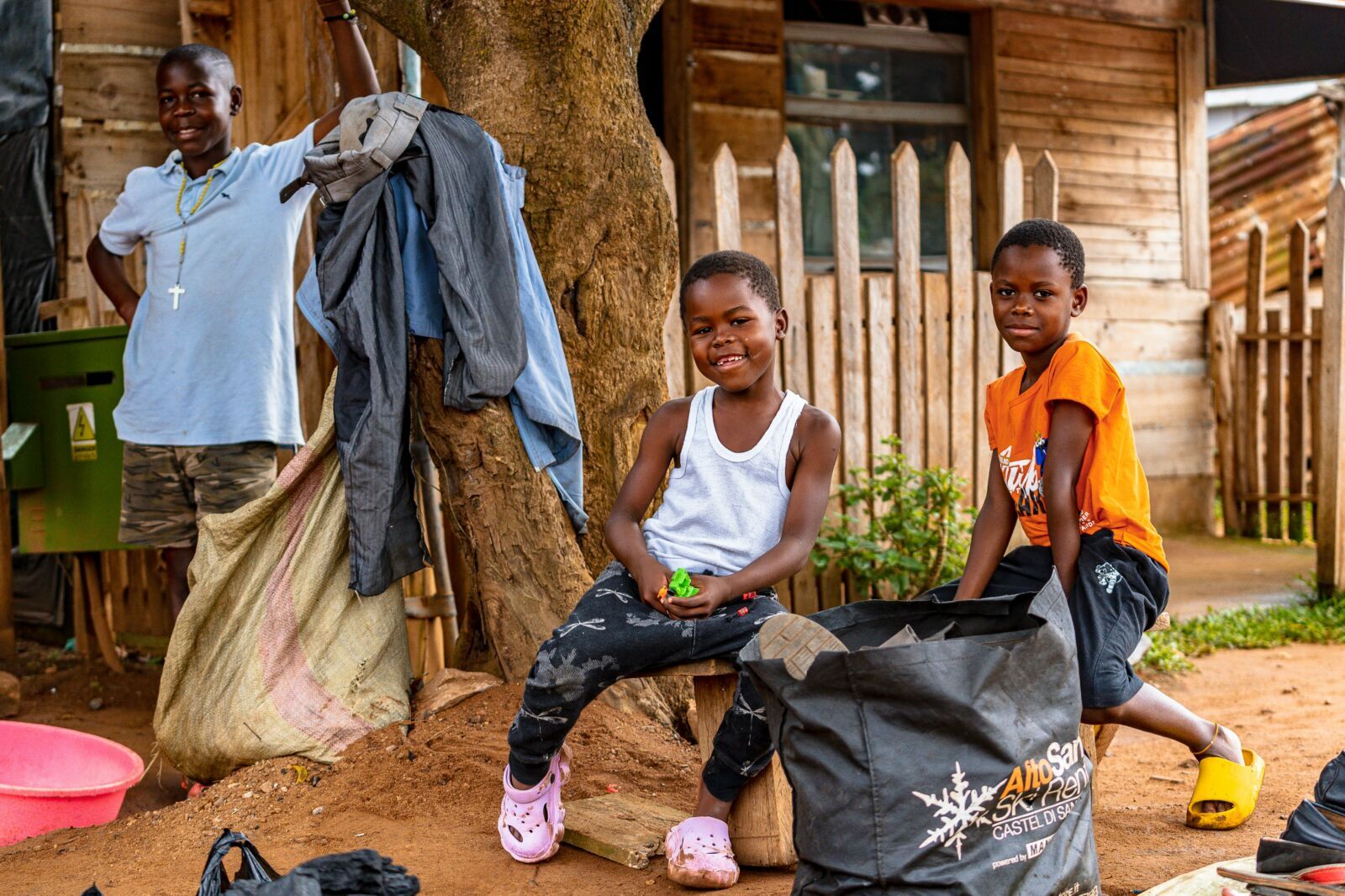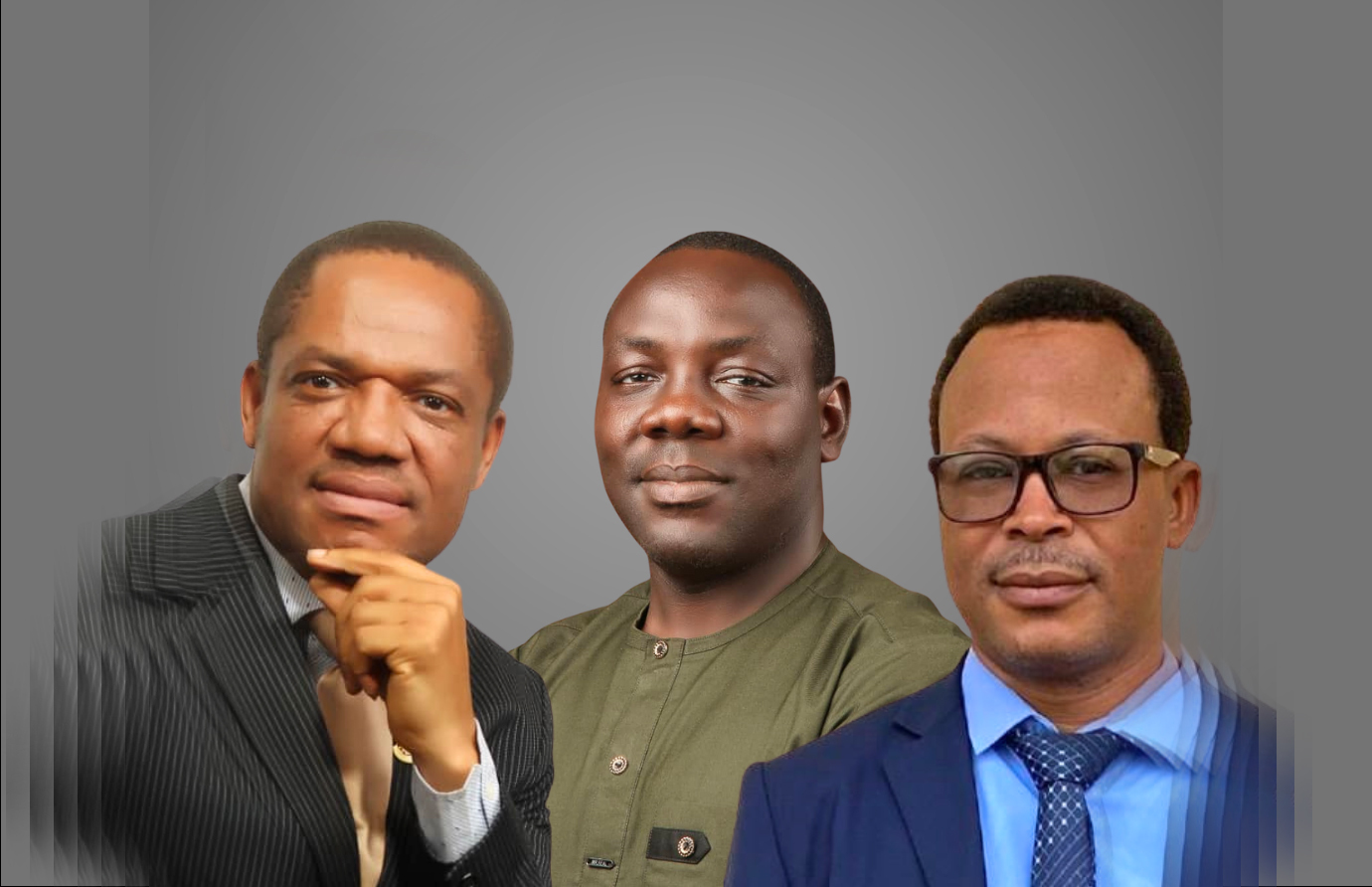At the 2025 Stanbic IBTC Sustainable Finance Summit, business, academic, and finance leaders mapped a future anchored in technology, resilience, and homegrown solutions, positioning artificial intelligence (AI) as the engine for driving inclusive growth, climate adaptation, and sustainable investment across Nigeria and Africa. This was the call by Wole Adeniyi – CEO Stabic IBTC Bank, Segun Ajayi – Country Director Oracle Nigeria and Professor Kemi Ogunyemi, a professor of ethics and member of the Lagos Business School (LBS) Management Board.
Urgency Meets Opportunity: AI and Africa’s Climate Destiny
With the rise in the unprecedented levels of environmental shocks, Nigerian business leaders and academics challenged delegates to rethink finance not as an abstract global lever, but as the lifeblood of local survival, as the impact of climate change is felt in food security, energy access, and community resilience. “For us, climate finance isn’t just about solving world problems; it’s about delivering tangible results at home,” said Stanbic IBTC CEO Wole Adeniyi, as he opened the summit, underscoring how climate shocks are a personal and national reality from floods to drought.
Data, Partnerships, and the Real Power of AI
Segun Ajayi, who was the keynote speaker, revealed that Africa needs $195 billion over five years for climate resilience, but receives a tiny fraction of global investments, due to risk perceptions, data gaps, and weak local adaptation. Both Ajayi and Lagos Business School’s Prof. Kemi Ogunyemi urged the acceleration of AI for finance, risk analysis, and ethical innovation, framing it as a leapfrog technology for closing knowledge and investment gaps. “AI is the new player in the marketplace, it can help identify risks, unlock funding, and revolutionise traditional development,” Ogunyemi noted, pointing to the LBS white paper and Nigeria’s AI Collective as practical tools for reimagining sustainable finance.
Inclusive, Measurable, Adapted Solutions for Africa
Wole Adeniyi, the Stanbic IBTC CEO, highlighted existing investments in solar, mini-grids, and Agri-tech, calling for more actionable case studies and partnerships that move beyond promises to measurable metrics. All Speakers pressed for solutions with local context, adaptive regulation, and ethical frameworks, whilst adopting global innovations but tailoring them for African realities and communities. “The policies we set today decide the future for generations to come. Africa must build its own data, finance, and AI capacity to compete and thrive,” Ajayi and Adeniyi emphasised.
From Policy to Practice: Roadmap for Leaders and Innovators
The speakers urged everyone to drive in the direction highlighted below, towards an inclusive environment for all stakeholders.
- Develop adaptive policies and encourage regulators and financial institutions to build local frameworks, which enable ease of carrying out business.
- Invest aggressively in AI-enabled infrastructure, data, and skills for climate-smart finance and inclusive growth.
- Support grassroots innovators, connecting finance to climate and community needs for maximum impact.
- Champion ethical standards and capacity-building for AI to ensure equitable social impact and not just focus on profitability towards an inclusive transition for all stakeholders.
- Use and adapt global best practices, but centred around African-grown designs and solutions across Nigeria and the continent, making the African context and realities the primary focus.
At the end, the summit’s message was clear: “Nobody can run our race for us, or about us,” The speakers concluded, calling the private sector, policymakers, and citizens to build an African sustainable finance model anchored on data, accountability, and bold innovation.

